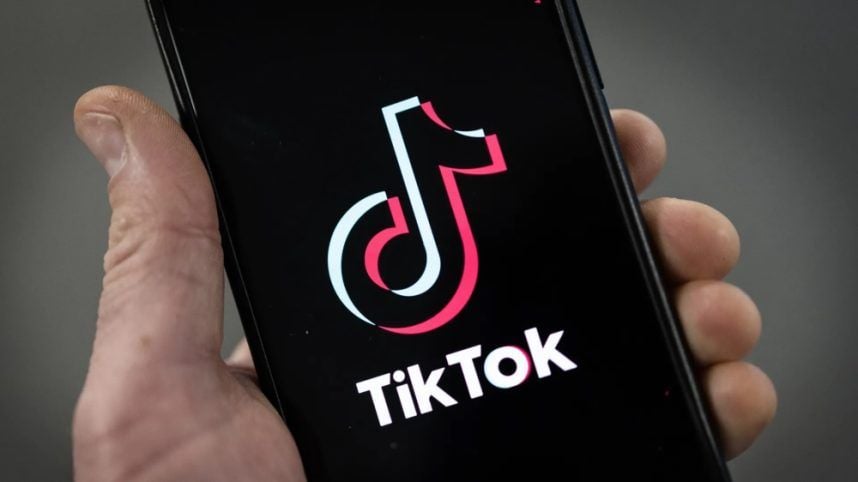Posted on: October 11, 2023, 09:57h.
Last updated on: October 11, 2023, 09:57h.
The State of Utah is taking legal action against social media platform TikTok for allegedly replicating slot machine features and enticing children into addictive behavior. This lawsuit was filed by Utah’s Division of Consumer Protection (UDCP) and accuses TikTok Inc. of violating the Utah Consumer Sales Practices Act (UCSPA).

According to the lawsuit, TikTok deliberately employs the same techniques used by casinos to hook gamblers on slot machines, such as enticing users with unpredictable rewards. This creates excitement and pleasure through the release of dopamine in the brain. The complaint also argues that TikTok’s user interface, with its swiping down feature to load videos, maintains users’ engagement by keeping them invested in the anticipation of potential rewards.
The lawsuit further alleges that TikTok misrepresents itself as an independent US company, when it is actually “firmly controlled” by its Chinese parent company, ByteDance. This claim is made to avoid consumer concerns about data safety and regulatory scrutiny.
In response, the complaint seeks an injunction to prohibit TikTok from violating Utah’s consumer protection laws, as well as a court-imposed penalty of at least $300K, and a minimum of $300K in restitution and damages.
Legal Troubles and Global Lawsuits
Utah, along with Hawaii, is one of the only two states in the US where all forms of gambling are illegal. This lawsuit adds to the growing number of legal actions against TikTok worldwide.
In 2022, Indiana Attorney General Todd Rokita sued TikTok, accusing the platform of exposing minors to inappropriate content and intentionally underreporting explicit material.
Previously, on February 27, 2019, the US Federal Trade Commission (FTC) fined ByteDance $5.7 million for breaches of the Children’s Online Privacy Protection Act involving the collection of information from underage users.
While concerns persist about user data being harvested by the Chinese government through TikTok, the CIA has not found any evidence supporting this claim.


